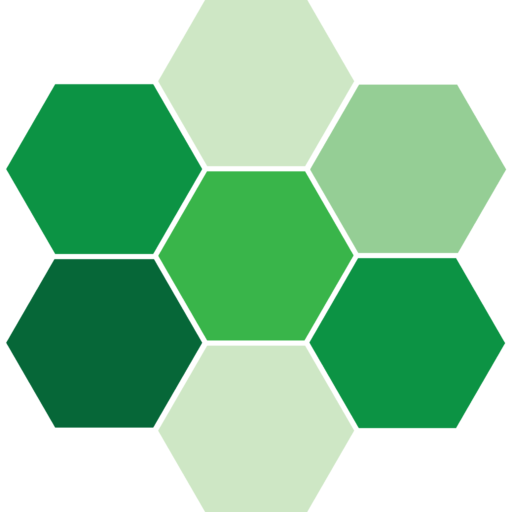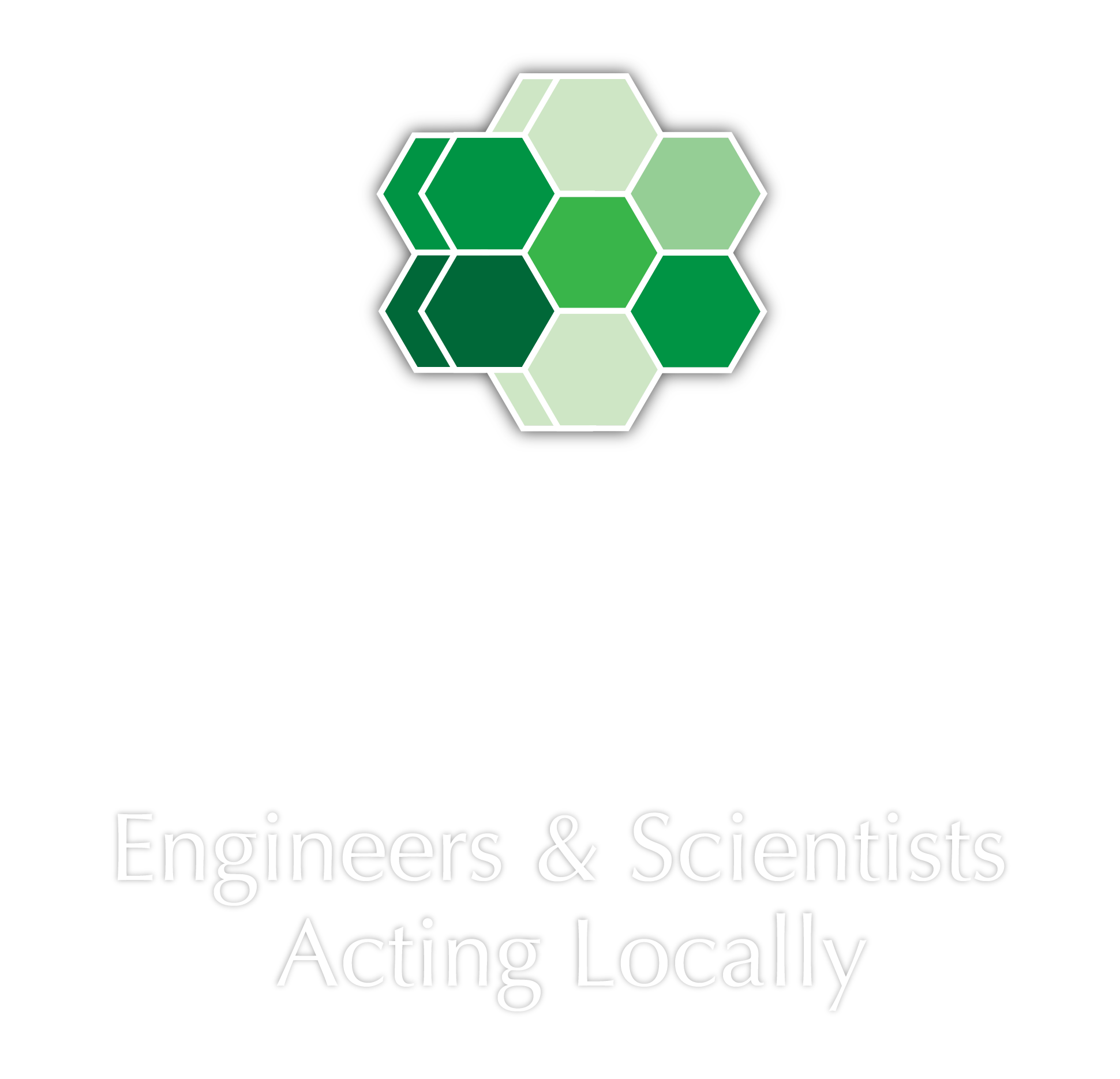Brian Fannon spent 11 formative years as a biologist in Alaskan marine fisheries before returning to North Carolina for his PhD studying the effects of river geomorphology on the landscape. Today, he works as a "Riverkeeper" at non-profit Yadkin Riverkeeper, where he monitors, advocates for, and protects the health of the Yadkin-Pee Dee River Basin.


